See the chariot at hand here of love,
Wherein my lady rideth!
Each that draws is a swan or a dove,
And well the car Love guideth.
As she goes, all hearts do duty
Unto her beauty;
And enamour'd, do wish, so they might
But enjoy such a sight,
That they still were to run by her side,
Through swords, through seas, whither she would ride.
Do but look on her eyes, they do light
All that Love's world compriseth!
Do but look on her hair, it is bright
As Love's star when it riseth!
Do but mark, her forehead's smoother
Than words that soothe her;
And from her arched brows, such a grace
Sheds itself through the face
As alone there triumphs to the life
All the gain, all the good, of the elements' strife.
Have you seen but a bright lily grow,
Before rude hands have touch'd it?
Ha' you mark'd but the fall o' the snow
Before the soil hath smutch'd it?
Ha' you felt the wool o' the beaver?
Or swan's down ever?
Or have smelt o' the bud o' the briar?
Or the nard in the fire?
Or have tasted the bag of the bee?
Oh so white! Oh so soft! Oh so sweet is she!
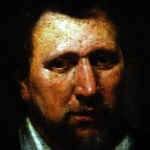
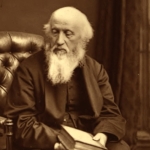



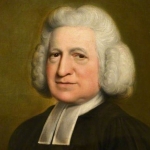





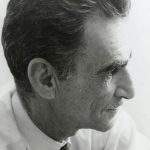
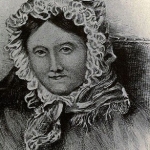



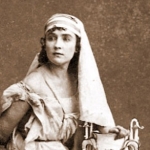
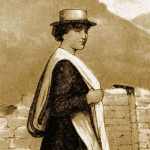
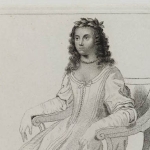

Comment form: